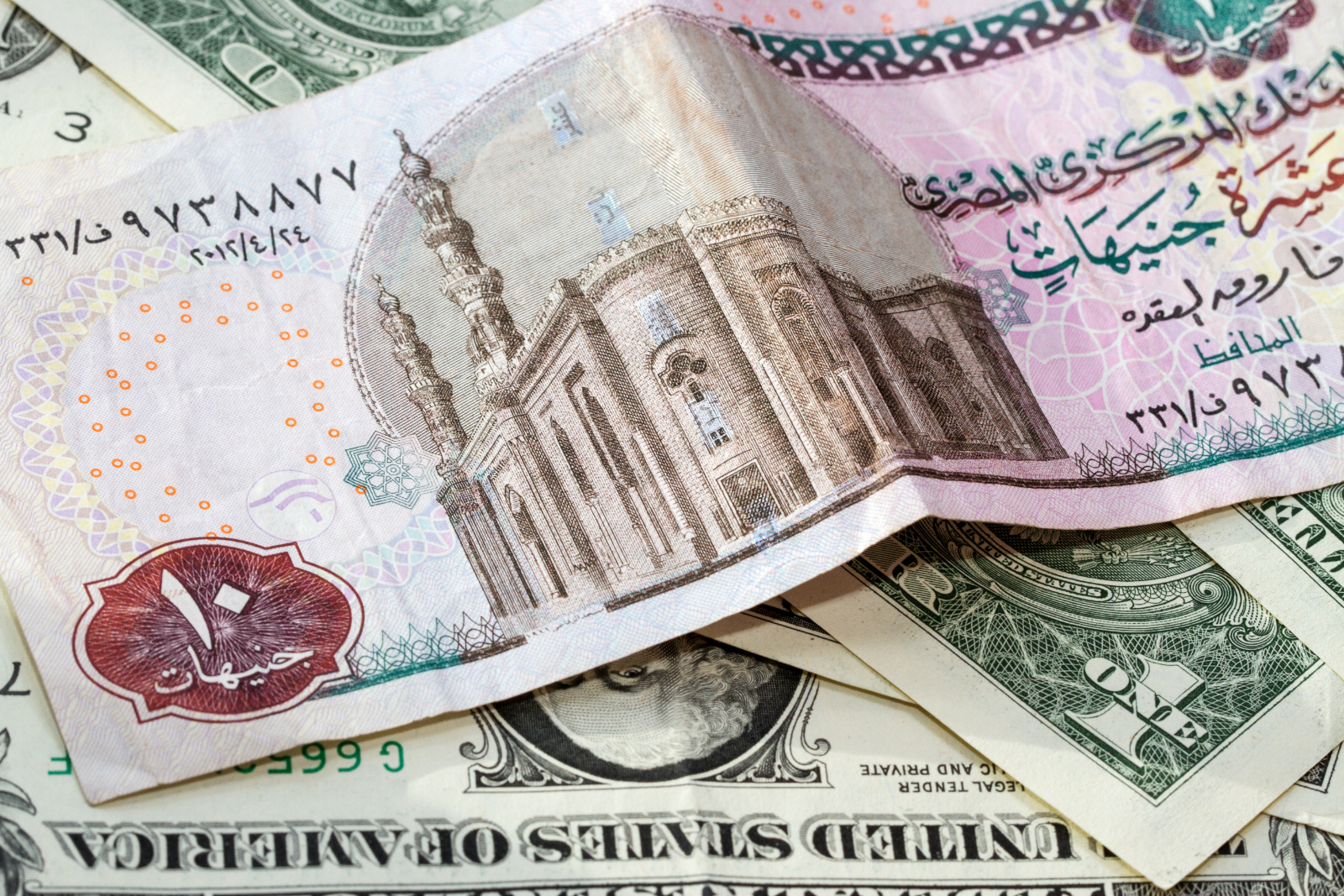Are EM central banks departing from monetary economics orthodoxy to keep inflation in check?

Are EM central banks departing from monetary orthodoxy to keep inflation in check? Emerging market central banks are indirectly intervening in currency markets to contain inflation, General Manager of the Bank for International Settlements (BIS) Agustín Carstens said in a speech earlier this month at the London School of Economics. The “landmark speech” suggests a significant departure from the orthodoxy of monetary economics — and that we are in a new age in which central banks use FX rates to help control inflation without resorting to raising interest rates, too much, Andrés Velasco writes for Project Syndicate. “Emerging economies’ financial conditions tighten when their currencies depreciate, and vice versa. It was not supposed to happen that way. Letting their currencies float was supposed to allow countries to seize control of their domestic interest rates, which could then be adjusted as necessary to smooth domestic economic fluctuations. Alas, reality has turned out to be considerably more vexing.”
So … where’s the problem? As Velasco explains, many emerging market central banks turn to a tightening monetary policy after a currency depreciation “to contain so-called second-round effects (whereby the weaker exchange rate contaminates expectations and wage-setting behavior). The problem is that when investors panic and the exchange rate becomes unhinged, there may be no interest rate sufficiently high to calm things down. Even worse, a sky-high interest rate that sinks the economy and causes the central-bank short-term debt to pile up may reduce credibility, rather than enhancing it.”
This shift in policy could also explain why volatility in some Asian currencies (and the EGP) is limited: Some EMs routinely engage in “sterilized exchange-market intervention,” whereby the central bank intervenes during an upswing in the FX rate, allowing it to shore up reserves, and then again during a downswing caused by capital outflows. The latter intervention “via the sales of reserves can be stabilizing, because it supplies the USD liquidity the local economy desperately needs.”
The possibility of central bank intervention propping up the EGP has been suggested before. Pundits including Capital Economics and news outlets including Reuters have all suggested that the CBE is using the banking system to indirectly intervene and keep the EGP stable. EFG Hermes’ Mohamed Abu Basha had said last month that investors may be scared off if the EGP strengthens too much, since they might see the currency as too risky and begin selling off their holdings in Egyptian debt.